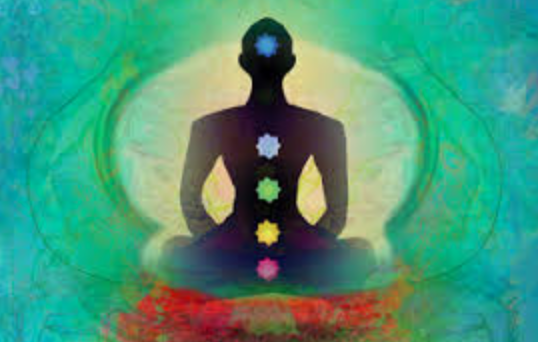
Marijuana and mysticism
It is the summer solstice, a time to connect with the earth, the sun and perhaps a special plant…
All over the world, people connect with Mother Earth on the summer solstice. Some people feel drawn to connect with the earth, spirits, the sun, and maybe a special plant. Crowds have gathered at Stonehenge since the famous site was built to align with the sun on the solstice. It's believed that people have gathered here for thousands of years to celebrate the summer solstice. Only alcohol is allowed other than ceremonial mead, but gummy bears might be different. Seattle celebrates with painted naked people driving through the streets. The Danes believe the summer solstice occurs when witches come to Brocken and light enormous bonfires. In Colombia, locals dress up as devils with hundreds of tiny bells on their legs, representing evil. They carry mirrors on their backs to harness the power of the sun on the longest day of the year. The ritual represents the battle between God and the devil. The celebrations have been going on for hundreds of years and cannabis was usually part of the rituals. So what about marijuana and mysticism?
RELATED TOPICS: 5 Morning Activities That Will Help You Feel Happier
Cannabis has been used for centuries in various cultures and religions for mystical and spiritual purposes. Its psychoactive properties have enabled users to experience altered states of consciousness that allow for introspection, transcendence, and a sense of oneness with the divine or the cosmos.
The entheogenic (psychoactive substance used in a religious context) use of cannabis can be traced back to the ancient civilizations of the Indian subcontinent, where it was revered as a sacred plant in Hinduism and incorporated into spiritual rituals and practices. The ancient Vedic texts, such as the Atharvaveda, mention the use of cannabis for its mind-altering effects and its ability to induce a state of heightened awareness and spiritual enlightenment.
In ancient China, cannabis was also used by Taoist priests and shamans for divination purposes and to communicate with spirits. Archaeological evidence suggests that cannabis was burned in braziers during rituals, and ancient Chinese texts describe its ability to induce visions and a feeling of lightness or floating with prolonged use.
RELATED TOPICS: Most Popular Marijuana Flavors
Cannabis has played a significant role in various mystical traditions around the world, including Sufism, Rastafarianism, and certain indigenous practices. In Sufism, a mystical branch of Islam, cannabis was sometimes used as a means to achieve a state of spiritual ecstasy and heightened awareness, thus establishing a deeper connection with the divine.
The Rastafari movement, which originated in Jamaica in the 1930s, advocates the spiritual and sacramental use of cannabis, known as the “wisdom herb” or “sacred herb.” Rastafarians believe that cannabis increases their spiritual awareness and brings them closer to the divine presence of Jah (God).
Indigenous cultures in the Americas, such as the Huichol in Mexico and certain Native American tribes, have also incorporated cannabis into their spiritual practices and rituals, using it to induce visions, facilitate communication with spirits, and achieve a state of transcendence.

In recent decades, there has been a resurgence of interest in the mystical and spiritual aspects of cannabis use, particularly in the context of the psychedelic renaissance and the growing acceptance of herbal medicines and therapies.
Some modern spiritual movements have emerged, such as the cantheism philosophy, that recognize the inherent religious nature of human interaction with the cannabis plant and its potential to promote spiritual experiences and personal growth.
Although scientific understanding of cannabis' effects on consciousness and spirituality remains limited, anecdotal reports and historical evidence suggest that the plant has played a significant role in various mystical and religious traditions around the world, offering users a way to explore altered states of consciousness, transcend the boundaries of the self, and connect with the divine or the cosmic.
It is important to note that the legal status and cultural acceptance of cannabis for spiritual or religious purposes varies greatly across different regions and belief systems, so its use should be approached with caution and respect for local laws and traditions.

Post a comment: